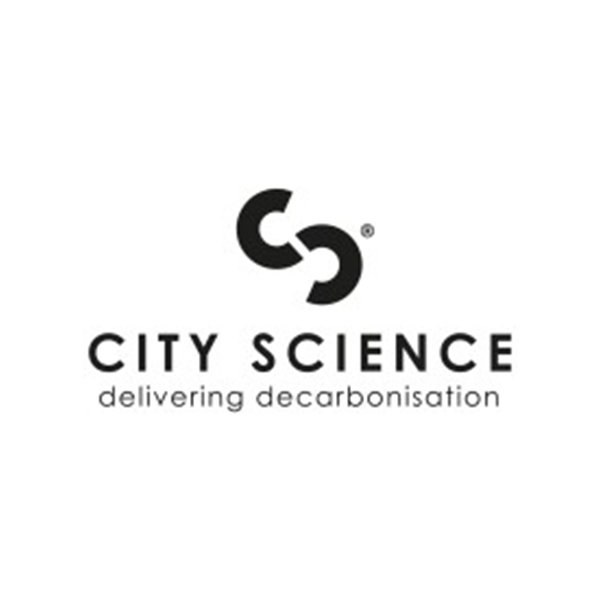City Science: Investment Grade Proposals for Portfolio Retrofit
A feasibility study looking to develop a data-driven retrofit recommendation tool to provide personalised, retrofit pathways that unlock large scale decarbonisation across UK public and private building portfolios.

Lead Organisation
City Science
URL
Status
Phase 1 project completed March - June 2023. Phase 2 project in progress.
Funding
Phase 1 - £22,000, Phase 2 - £1,474,512
About the project
Retrofit is an important mechanism to benefit health of tenants, save money on energy bills and decarbonise our building stock. However, building retrofits still aren’t going ahead due to some key barriers:
- Lack of certainty in the benefits of retrofit measures
- Lack of incentives to incur the high upfront costs.
City Science is developing a tool to allow for scalable retrofit. The tool will develop highly evidenced, whole building retrofit pathways. This will provide:
- Investors with clear ROIs across financial, environmental, social and risk-based metrics
- Tenants and building/portfolio owners/managers with clear benefits and trade-offs of pursuing a particular retrofit pathway and financing route
- Solutions which are acceptable to all parties.

What has been delivered? What has been successful?
During the 3-month feasibility study we worked closely with stakeholders to develop a tool concept.
Our in-depth commercial analysis also demonstrated the market’s undeniable economic potential, particularly in the social housing sector, where private sector portfolio landlords and social housing owners/operators could collectively earn up to £2 billion.
What did the project achieve?
Technical research confirmed the feasibility of the proposed data-driven approach to quantify uncertainty in retrofit measures and provide the necessary evidence to unlock financing.
Key lessons learnt
- User research and stakeholder engagement was invaluable for refining and validating the need for the proposed tool. It helped identify pain points across different groups and ensure the tool will provide genuine value
- There is clear commercial potential, especially in the social housing market.
Next steps
- Partner with local authorities to provide a valuable testing ground for the tool, whilst also creating a pipeline to early customers
- Continued focus on user-centric design, iterative prototyping, and acceptance testing will be key to ensuring the tool meets end user needs
- Validate our business model canvas and with target users to finalise the route to market.

